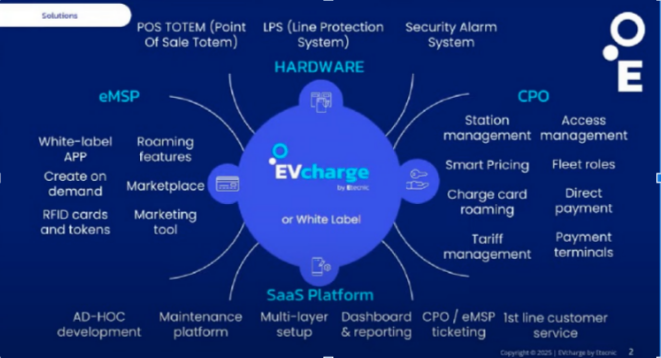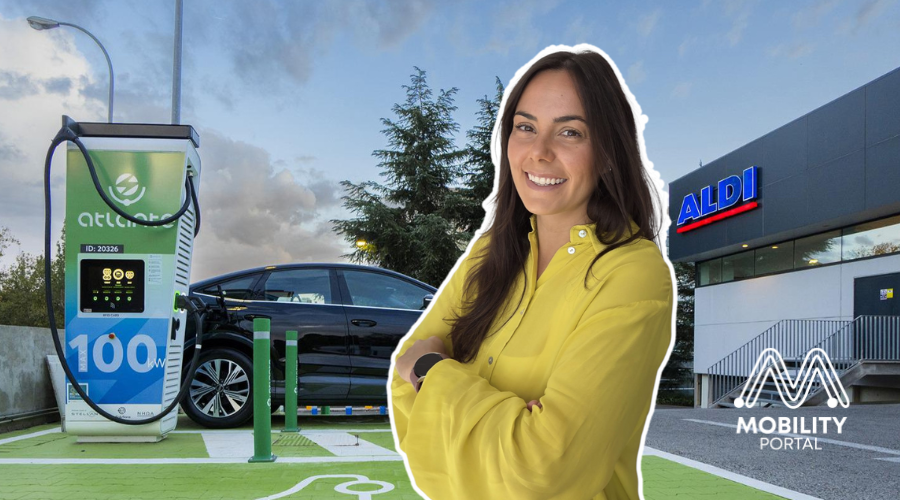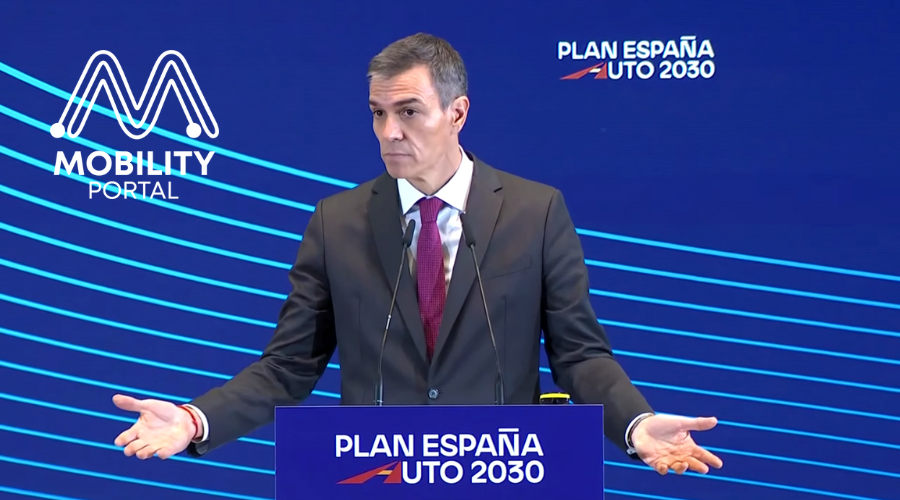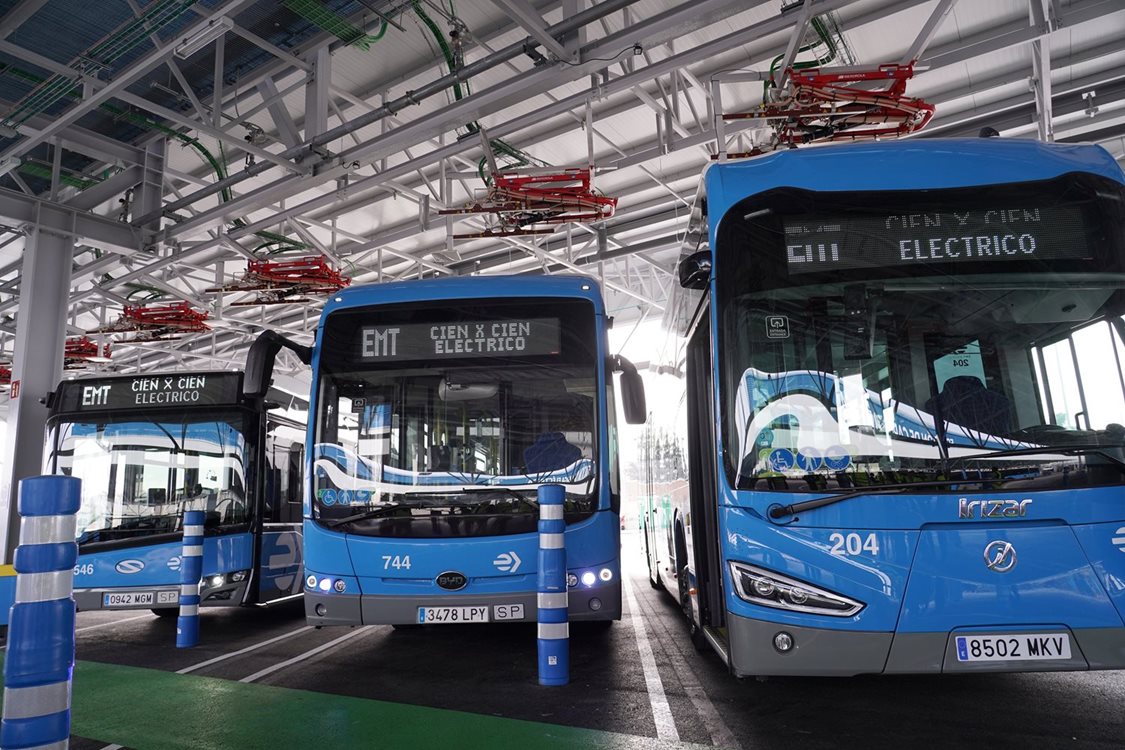Today, charge point operators (CPOs) must comply with a range of regulatory obligations when deploying their charging stations. For many, this represents a challenge.
However, for those who manage it effectively, it can become a profitable business opportunity.
This is precisely what Philippe Bohadas, founder of ProperPhi, explained during his presentation at EVcharge Day, organised by Mobility Portal Europe.
A concrete example is regulatory compliance requiring the electrification of car parks with electric vehicle charging infrastructure.
“We not only installed the necessary infrastructure to manage access for employees and visitors, but also optimised the solution by integrating solar canopies,” says Bohadas.
He continues: “This allowed our clients to reduce energy costs, enhance their brand image, and comply with regulations profitably.”
ProperPhi’s strategy goes beyond simple installation.

“We integrate the stations into a broader vision of self-consumption and intelligent energy management,” the founder explains.
In this context, charging infrastructure becomes a key lever for energy efficiency.
Using technologies such as OCPP, V2X, and intelligent data aggregation with artificial intelligence, the company is able to maximise the value of each charge point.
“This enables us to anticipate consumption peaks, control charging and solar production, store energy surpluses, and optimise energy use. Moreover, we provide a useful service to the electricity grid,” Bohadas emphasises.
And he is confident in looking ahead: “This will be the foundation of future energy management.”
Interoperability and Scalability: Foundations of Smart Design
One of the keys to ensuring long-term viability of infrastructure is its ability to scale and integrate with various systems.
“We are committed to a modular and open approach. We use OCPP, certified stations, and a platform like EVcharge to ensure compatibility with different manufacturers,” the executive explains.
This allows installations to evolve in step with the growing EV fleet, without requiring structural redesigns.
“The best guarantee lies in smart design from the outset, choosing the right equipment, and ensuring effective technical supervision,” he summarises.
ProperPhi has chosen EVcharge due to its flexibility, reliability, and ease of use.
“Its compatibility with multiple manufacturers and intuitive interface make the system easy for both us and our clients,” Bohadas highlights.
In an environment full of data and interfaces, simplicity becomes a strategic asset.
“EVcharge also offers an optimised interface for operators and technicians; it’s a very comprehensive tool,” he adds.

Operational Efficiency and Return on Investment: The Results
Since integrating EVcharge into its operations, ProperPhi has reported numerous benefits in terms of efficiency, customer satisfaction, and return on investment.
Key features include real-time monitoring, automatic billing, dynamic load balancing, and integration in multi-energy environments.
“Creating a simple interface in a complex environment is key to ensuring efficiency and satisfaction,” he affirms.
And he concludes: “Our greatest reward is when a customer tells us that charging their electric vehicle has finally become simple.”
READ MORE
-
Atlante y su “modelo híbrido”: generación, almacenamiento y recarga ultrarrápida para un sistema más resiliente
Atlante acelera su despliegue en España y en diálogo con Mobility portal, Inés Mackey, Chief of Staff de Atlante Iberia define las prioridades de la empresa y su apuesta por la interoperabilidad de la mano de Charge League.
-
Spain Auto 2030: a point-by-point look at the plan set to redefine the eMobility landscape
Spain has entered a new phase in its industrial strategy for electric mobility. The Government has unveiled Spain Auto 2030, a roadmap designed to mobilise €30 billion over the next five years, reshaping the centre of gravity of the electric vehicle market through fresh incentives, a centralised management model, targeted investment in charging infrastructure and…
-
EMT Madrid licita 120 nuevos buses eléctricos: inversión de 79,35 millones y entregas entre 2026-2027
Con esta incorporación, Madrid refuerza su estrategia de descarbonización y consolida una de las flotas eléctricas urbanas más grandes de Europa.











